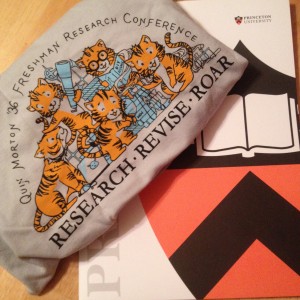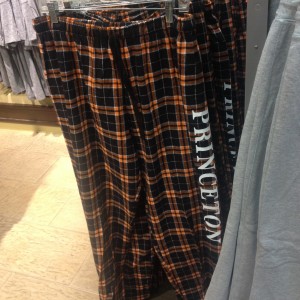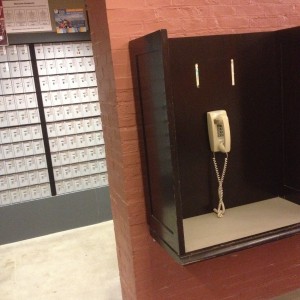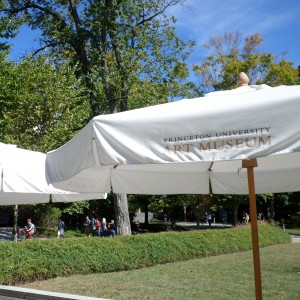The process of research might involve a complex mass of reading articles and crafting arguments, but the goal of research is simple: change. No one would devote time and energy to a concept if they didn’t expect their results to make a difference. Whether adding to a field, correcting a premise, or highlighting some new phenomenon, the surest way to encourage change is to frame research with a strong presentation.

Princeton’s writing seminar students can present their work to faculty and peers at the Quin Morton ’36 Freshman Research Conference. PCUR readers are welcome, so save the date: Friday, November 21 in the Writing Center. At last year’s conference, I was selected to present my research on affirmative action. I felt first-hand the excitement of leading people to question beliefs they had firmly held just minutes before. Last Tuesday, I volunteered at a workshop on presenting research for this semester’s Quin Morton student presenters. The conference’s motto “Research. Revise. Roar.” hints at one of the workshop’s biggest themes: finding your voice.
Presenting research involves a range of skills that are not necessarily included in the writing process, and chief among them is verbalization. Continue reading Roaring for change: Presenting Your Research




